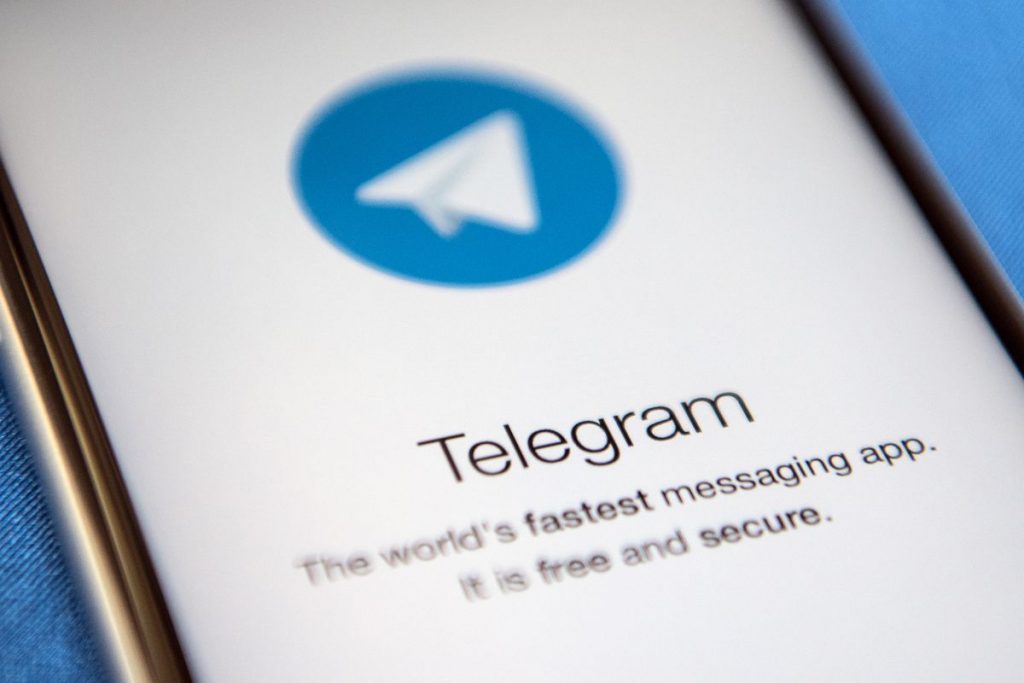Russian security services ordered Telegram to hand over access to encrypted user messages, but the messaging application (app) refused. Founder Pavel Durov didn’t bother to send lawyers to Moscow’s Tagansky court, and the court dutifully ruled against his company, taking less than 20 minutes in decreeing an immediate ban.
Russian Court Bans Telegram
Dmitri S. Peskov, Kremlin spokesperson, stressed, “There is a certain legislation that demands certain data to be passed to certain services of the Russian Federation.” Judge Yulia Smolina agreed, ruling, “The ban on access to information will be in force until the [Federal Security Service’s] demands are met on providing keys for decrypting user messages,” TASS reported.

Roskomnadzor, a censuring media body responsible for attempting to ban everything from Github to pornography to white nationalist websites, evidently made the most vigorous appeal in urging the court to shutter Telegram. Last month, the company appealed before the Supreme Court over Russia’s Federal Security Service’s (FSB) 800,000 ruble fine. The FSB ordered Telegram to decrypt messages in accordance with relatively recent anti-terrorism laws. “We don’t do deals with marketers, data miners or government agencies. Since the day we launched in August 2013 we haven’t disclosed a single byte of our users’ private data to third parties,” a Telegram blog post insisted.
The only comment made at press time by Pavel Durov, regarding 13 April’s decision, came in a post to his personal Telegram channel, and it seemed every bit defiant as the 33 year old, “The power that local governments have over IT corporations is based on money. At any given moment, a government can crash their stocks by threatening to block revenue streams from its markets and thus force these companies to do strange things (remember how last year Apple moved Icloud servers to China). At Telegram, we have the luxury of not caring about revenue streams or ad sales. Privacy is not for sale, and human rights should not be compromised out of fear or greed.” Mr. Durov is a native Russian, but bailed in 2014 after his first enterprise, a social networking site called Vkontakte (VK), he claimed, was taken over by Putin in retaliation to Mr. Durov’s then-refusal to hand over user information as well.

Legal Setback for a Company Thriving
Though Telegram has formal appeal rights, the court ruled with a sense of urgency, allowing the Roskomnadzor to take immediate action against the company. An irony not lost on officials is that they too use Telegram for communication purposes, and that includes President Putin’s own press office. Rumors are that it will move to Viber.

Telegram’s lawyer, Pavel Chikov, warned, “[Russia has] demonstrated again and again that the court system is devoted to serving the interests of the authorities. They no longer even care about basic external appearances.” Though both Facebook and Google have butted heads with Russian authorities, Telegram is only the second universal platform to be formally banned (Linkedin was the first).
Other than legal woes, the company has been on something of a growth spurt of late. It recently celebrated 200 million users, and is presently raising billions in what is being called the biggest initial coin offering so far.
Do you think Telegram will be impacted by the ban? Let us know in the comments section below.
Images courtesy of Shutterstock.
Source : bitcoin.com
No comments:
Post a Comment